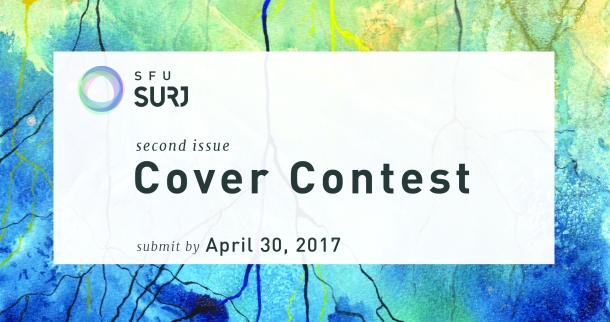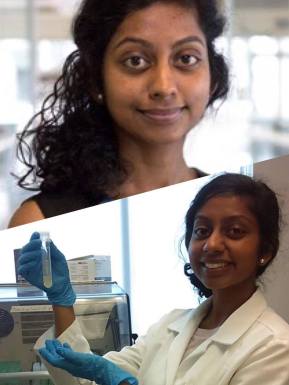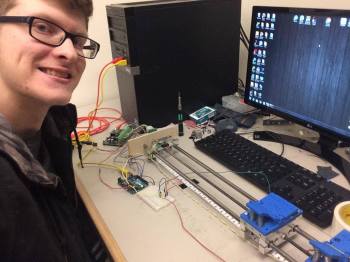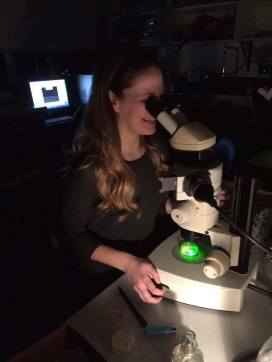Next up in our series of erudite SFU experimenters, we have Katrina Koehn!
Basic info: Katrina Koehn
Year of Study: 2nd
Major: Health Sciences
Supervisor : Surita Parashar at the BC Centre for Excellence in HIV/AIDS
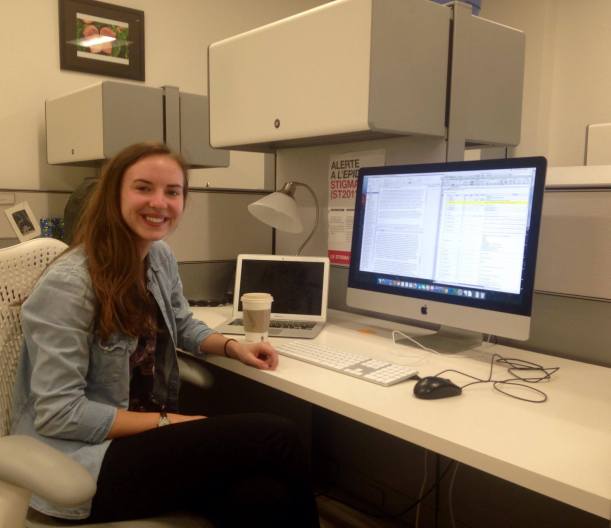
Q: How did you get involved in research?
A: I’m a very easily excited person. That said, in my first year I took HSCI 130 with Bob Hogg, and was absolutely enthralled with the examples he would give in class about his research. I started reading papers from the Centre for Excellence and learned a few things about the topic and eventually worked up the courage to ask Dr. Hogg if he had any openings for undergrad students one day after class.
I want to talk briefly about my motivation in being persistent about being involved with a lab as well. Going in to university, I had taken a year off and had just completed this exchange program that had taken me across Canada, to a rural town the Peruvian Andes, and finally to a coastal town in Ghana. Needless to say, I was a big advocate for the benefits of experiential learning, and was disappointed to be back in the formal education system. When I started talking to people about their university experiences, I realized a fairly common theme around people who seemed really passionate about their experience: their involvement in lab work. Indeed, my involvement in lab work has made me so much more passionate about my studies. I think of it as ‘retrospective learning’: first, you learn about a concept hands-on and apply it in a lab setting, and then you eventually get to learn about the theory behind that same concept in class. Because you’ve had the hands-on experience, learning about the theory behind the concept makes it so much more exciting to learn about and easier to understand.
Q: What have you been working on in your research so far?
A: Most of the initiatives I’ve been involved in at the Centre have been centered on individuals who are living with HIV and use illicit drugs. I assisted in synthesizing information for a review paper looking at mortality rates of people living with HIV and using injection drugs. Currently, I’m working on a paper studying how experiencing food insecurity impacts HIV treatment outcomes among individuals who use drugs living right here in Vancouver.
Q: What’s your favorite course that you have taken so far in your degree?
A: English 105 with David Coley. Bob Dylan, Kurt Vonnegut, and opportunities for introspection galore!
Q: What is a typical “day in the life” in the lab for you?
A: The office that I work in is downtown, so I make the trek there about once a week. After grabbing some coffee, most of my day is a cycle between reading, writing, emailing, and more coffee. There’s also pestering people with questions I have and the occasional meeting here and there. There are also interspersed fan-girl moments when researchers whose work I really admire drop into the office.
Q: What’s the funniest thing in the lab that’s happened to you?
A: I find it more embarrassing than anything, but other people seem to think its funny so here goes: on one of my first days working at the lab, I asked my supervisor what a p value meant. That being said, if you ever feel like you’re under-qualified for a research position, you are. But you can learn and ask many silly questions along the way!


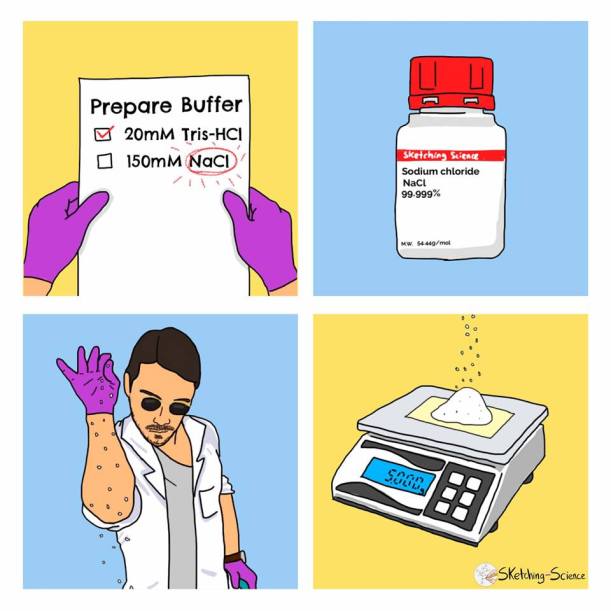


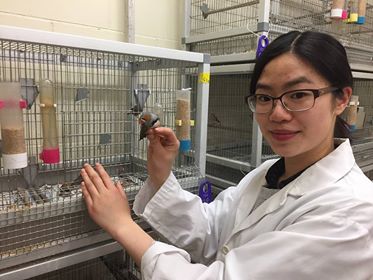
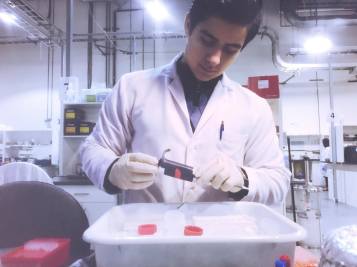
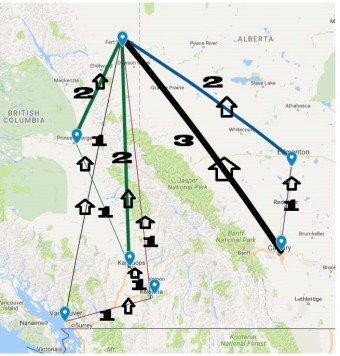 How does classroom learning translate to real-life applications? Well, the
How does classroom learning translate to real-life applications? Well, the 

